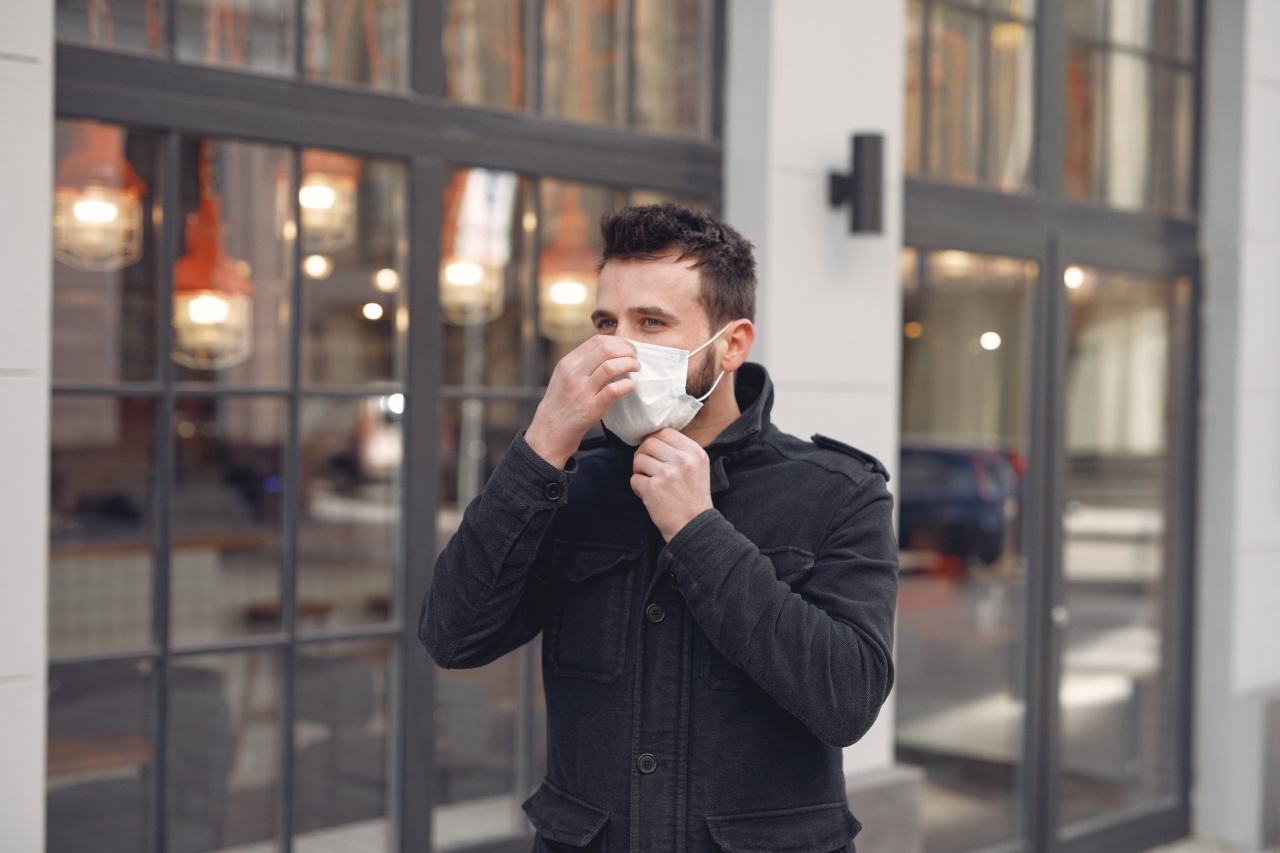Allergies are a common health issue that affects millions of people around the world. From hay fever to food allergies, allergies can wreak havoc on people’s lives and cause a wide range of symptoms.
World Allergy Day is an annual observance that aims to raise awareness about allergies and educate people on how to manage their symptoms. In this article, we’ll take a closer look at allergies, their causes and symptoms, and what you can do to prevent and manage allergies.
What Are Allergies?
Allergies are an abnormal response of the immune system to a substance that is normally harmless. When the immune system mistakenly identifies a substance as harmful, it produces antibodies to “attack” the substance.
This response leads to a release of chemicals such as histamine, which causes inflammation and other allergy symptoms.
Allergic reactions can vary in severity from mild to life-threatening. The most common allergy symptoms include:.
- Sneezing
- Runny or stuffy nose
- Itchy, watery eyes
- Rash or hives
- Swelling of the face, lips, tongue, or throat
- Difficulty breathing
- Anaphylaxis (a severe, life-threatening reaction)
What Causes Allergies?
Allergies can be caused by a wide range of substances, known as allergens. Some of the most common allergens include:.
- Pollen
- Dust mites
- Mold spores
- Pet dander
- Insect stings
- Food (such as peanuts, tree nuts, milk, eggs, soy, wheat, fish, and shellfish)
- Medications (such as penicillin or aspirin)
It’s important to note that not everyone will develop an allergy to these substances. Allergies are thought to be caused by a combination of genetic and environmental factors.
If you have a family history of allergies, you may be more likely to develop them yourself.
Treating Allergies
There are several ways to treat allergies, depending on the severity of your symptoms. Some of the most common treatments include:.
- Antihistamines: These medications block the effects of histamine, a chemical that causes allergy symptoms.
- Corticosteroids: These medications reduce inflammation and can be used to treat severe allergy symptoms.
- Allergy shots: Also known as immunotherapy, these shots gradually expose you to small amounts of the allergen, which can help your body build up tolerance.
- Avoiding allergens: The best way to prevent allergy symptoms is to avoid the substance that triggers them.
It’s important to work with your doctor to determine the best course of treatment for your allergies. In some cases, over-the-counter medications may be enough to relieve your symptoms.
In other cases, prescription medications or allergy shots may be necessary.
Preventing Allergies
While there is no surefire way to prevent allergies, there are several steps you can take to reduce your risk:.
- Be aware of your family history of allergies
- Avoid exposure to known allergens
- Clean your home regularly to reduce exposure to dust and mold
- Use air filters or a dehumidifier to improve indoor air quality
- Wash your hands frequently to reduce the spread of germs
- Practice good food hygiene to prevent food allergies
By taking these steps, you can reduce your risk of developing allergies and manage your symptoms more effectively if you do experience an allergic reaction.
World Allergy Day
World Allergy Day is an annual observance that takes place on July 8th. The goal of this day is to raise awareness about allergies and improve education on how to manage and prevent them.
Each year, the World Allergy Organization selects a theme for the observance.
The theme for World Allergy Day 2021 is “Anaphylaxis.” Anaphylaxis is a severe, life-threatening allergic reaction that requires immediate treatment.
The goal of this year’s observance is to raise awareness about the signs and symptoms of anaphylaxis and educate the public on how to respond if they or someone they know experiences an anaphylactic reaction.
Conclusion
Allergies can be a serious health issue that affects millions of people around the world. Whether you suffer from seasonal allergies or food allergies, it’s important to be aware of the symptoms and take steps to manage and prevent them.
By working with your doctor and taking simple steps to avoid exposure to allergens, you can reduce your risk of experiencing an allergic reaction and improve your overall quality of life.































